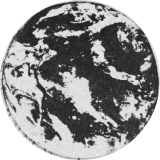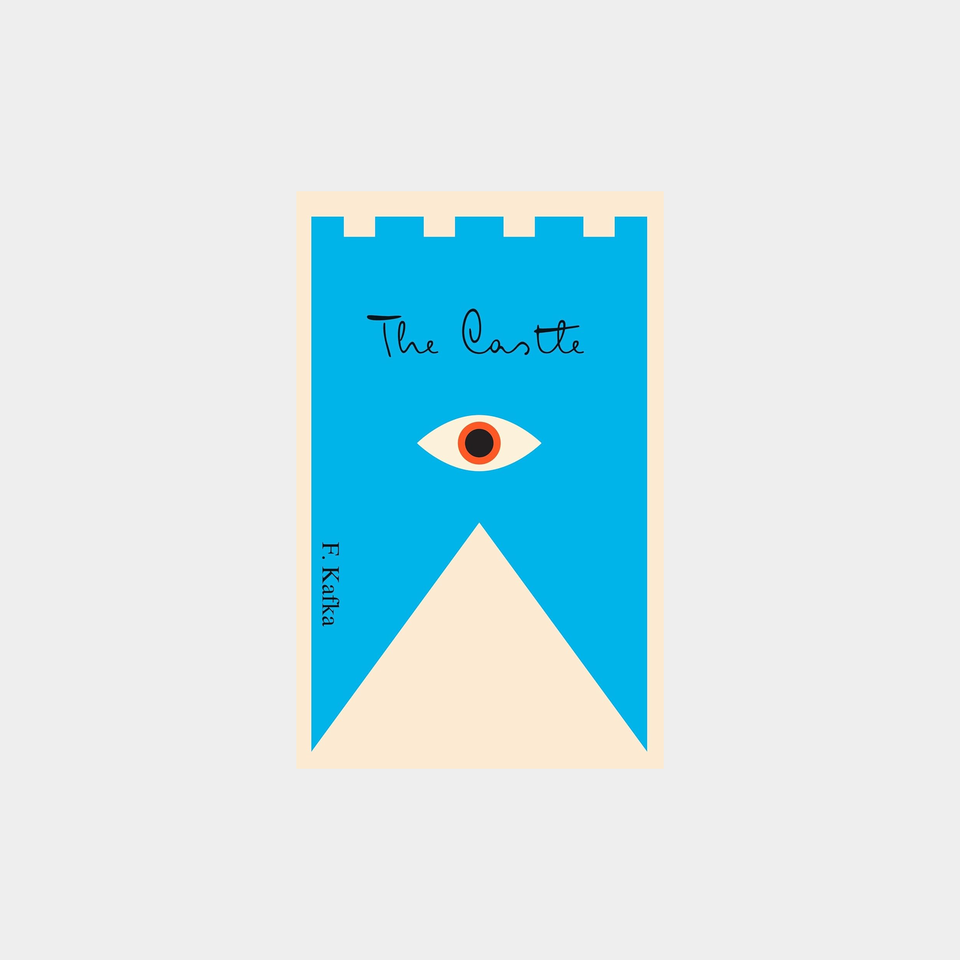A protagonist known only as K. arrives in a village and struggles to gain access to the mysterious authorities who govern it from a castle. Kafka died before finishing the work, but suggested it would end with K. dying in the village, the castle notifying him on his death bed that his "legal claim to live in the village was not valid, yet, taking certain auxiliary circumstances into account, he was permitted to live and work there." Dark and at times surreal, The Castle is often understood to be about alienation, unresponsive bureaucracy, the frustration of trying to conduct business with non-transparent, seemingly arbitrary controlling systems, and the futile pursuit of an unobtainable goal.
*The above link is an affiliate link. When you purchase through our affiliate links, we earn a small commission at no extra cost to you. Thanks for your support! Learn more
NEC's view
The Castle is Kafka at his most labyrinthine. The endless corridors of paperwork and denial mirror the structures that govern movement, borders, and belonging today. Yet it is not only political. It is also intimate, capturing the feeling of being perpetually estranged, of living inside systems that will never fully recognize you.
The looping and stalling of the narrative is precisely the point: a reminder that many of the architectures we inhabit—bureaucratic, national, even existential—are designed not to resolve, but to exhaust. In that exhaustion, Kafka leaves us with a strange kind of clarity.










